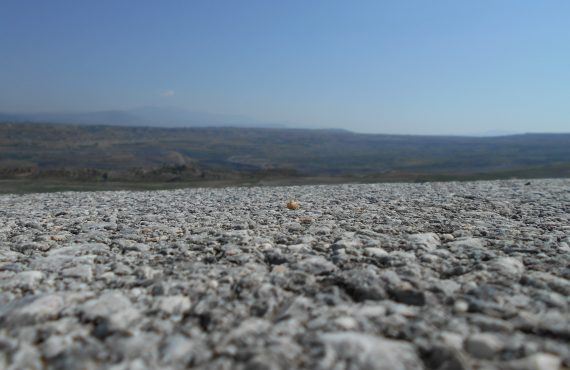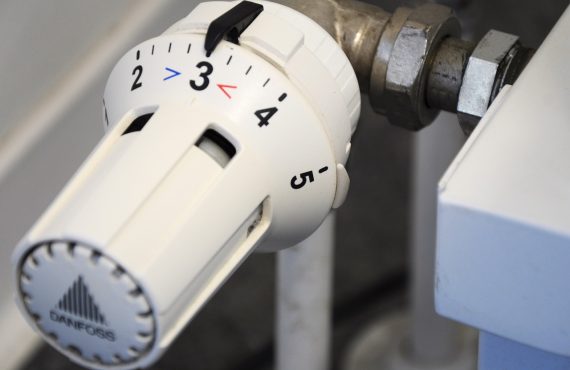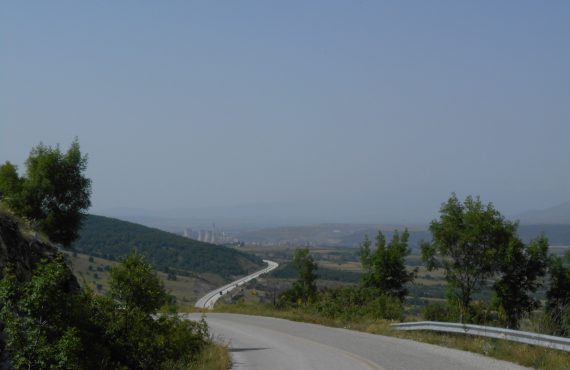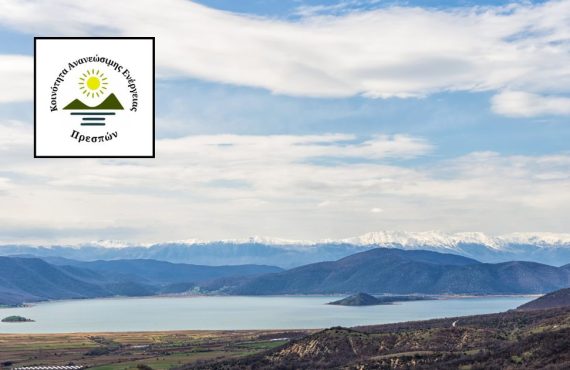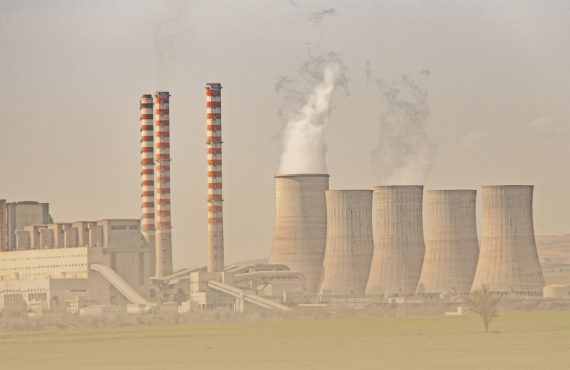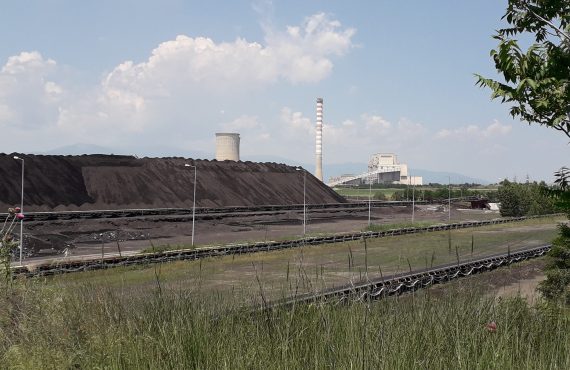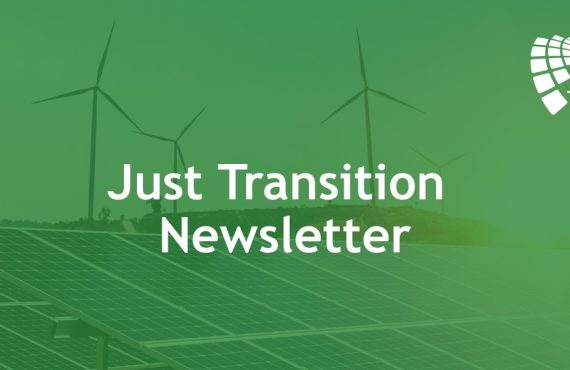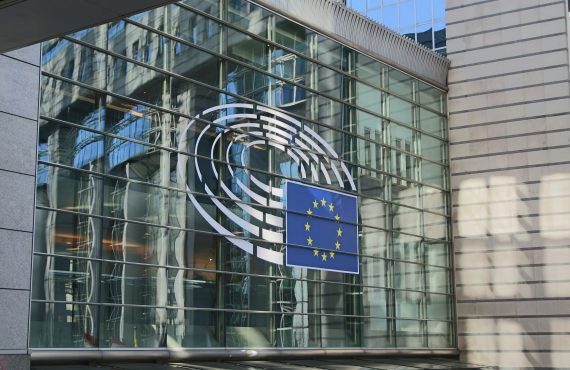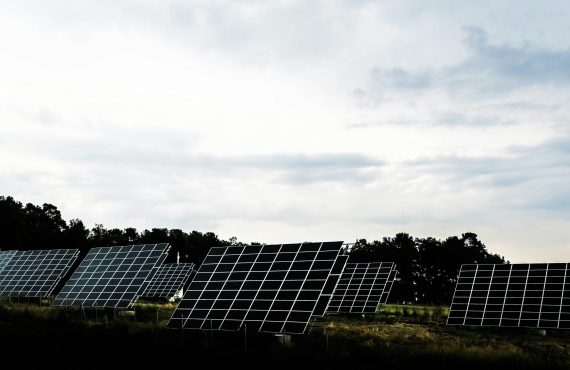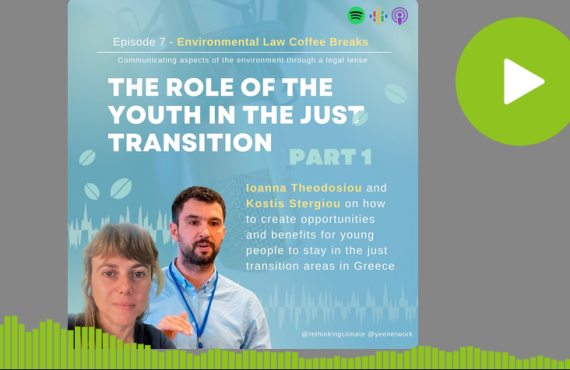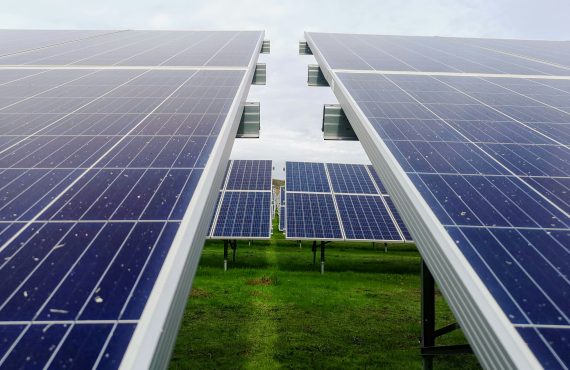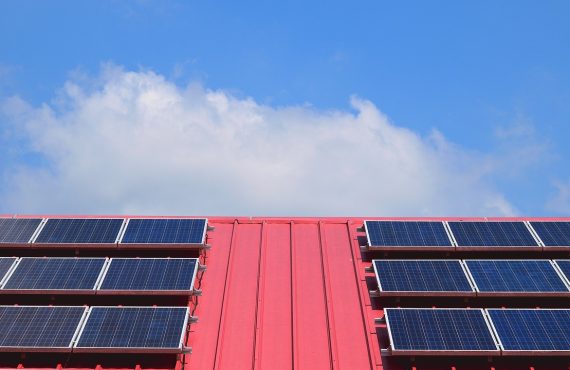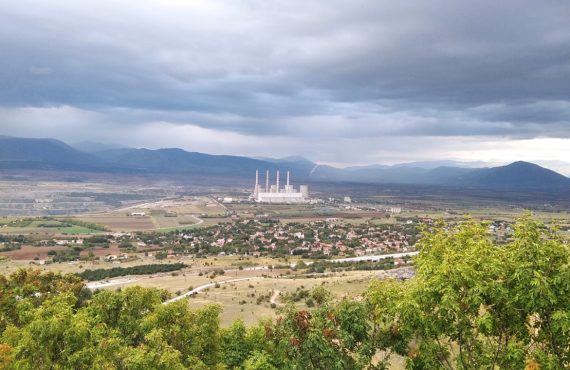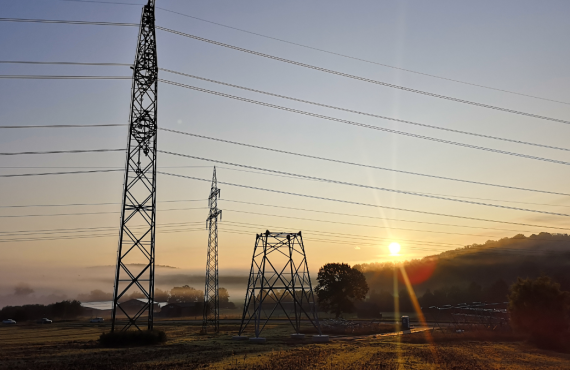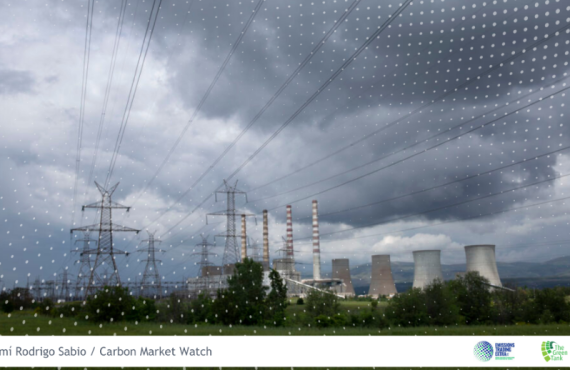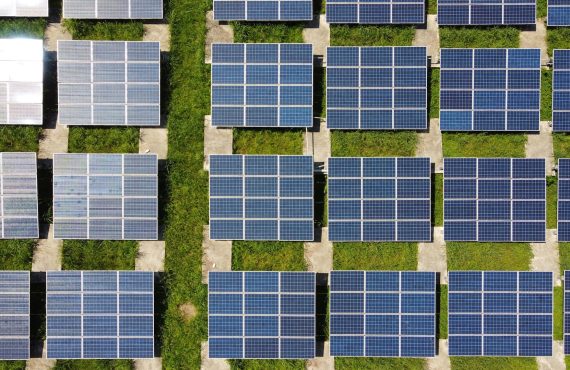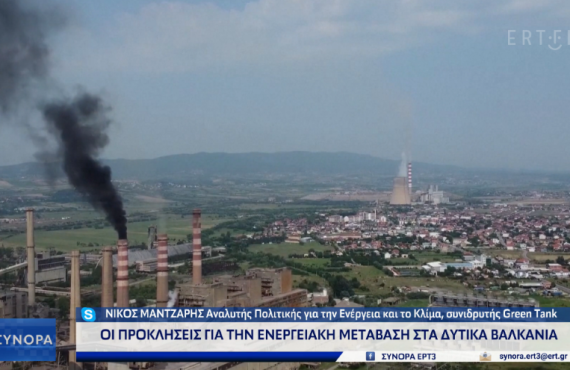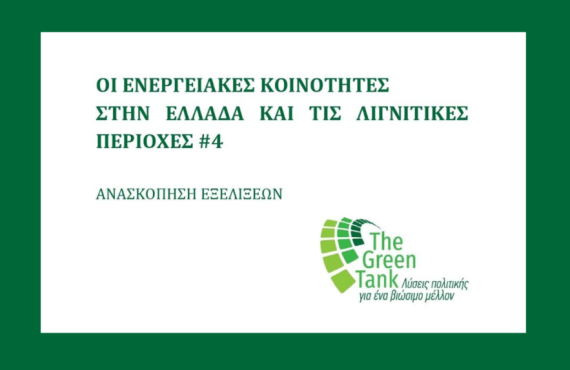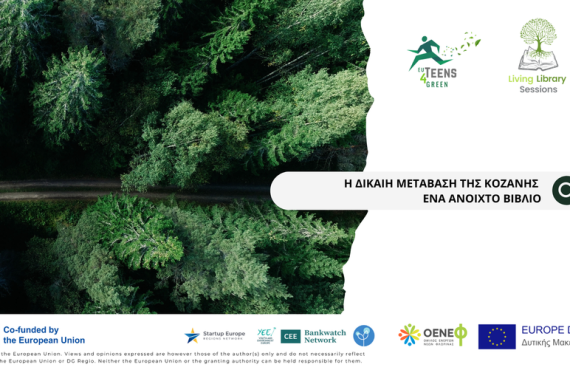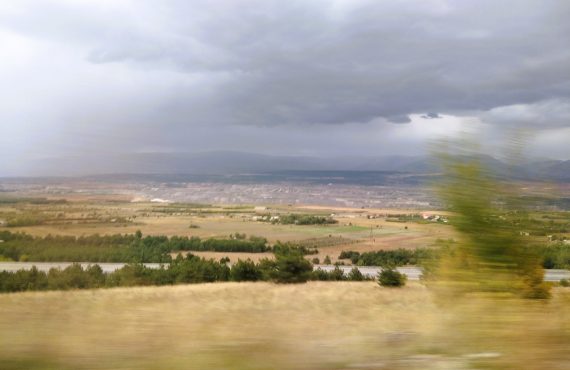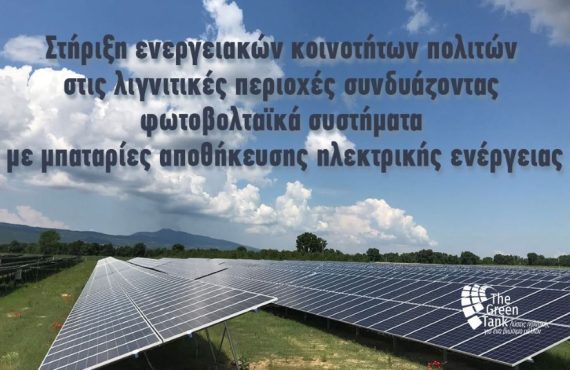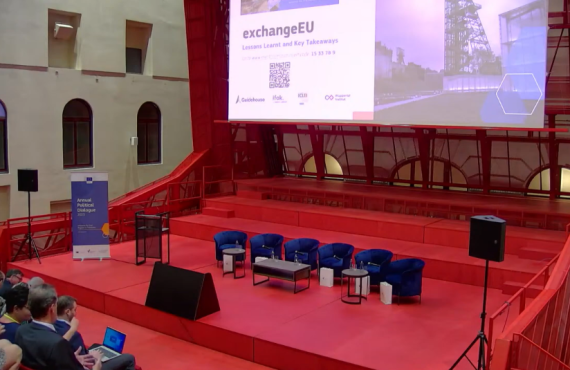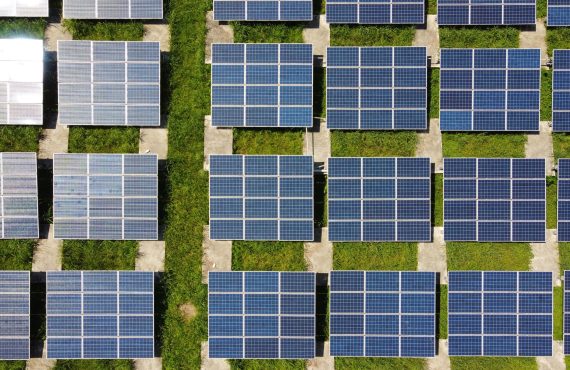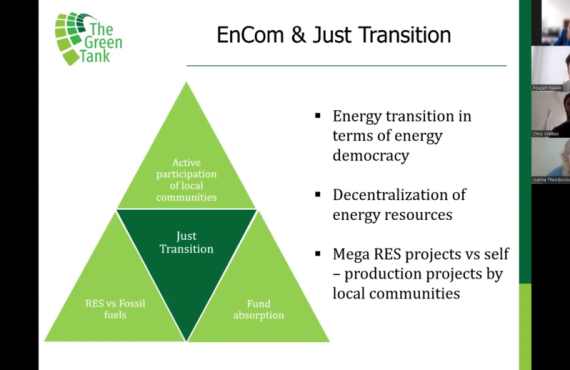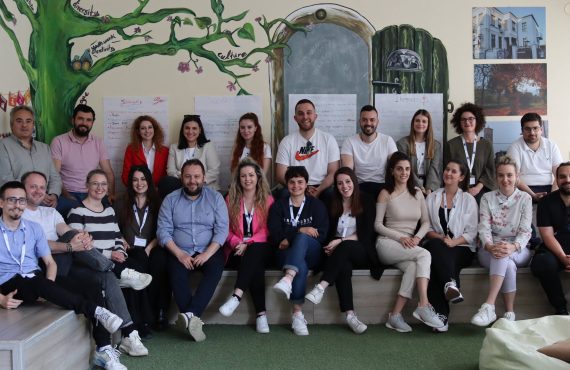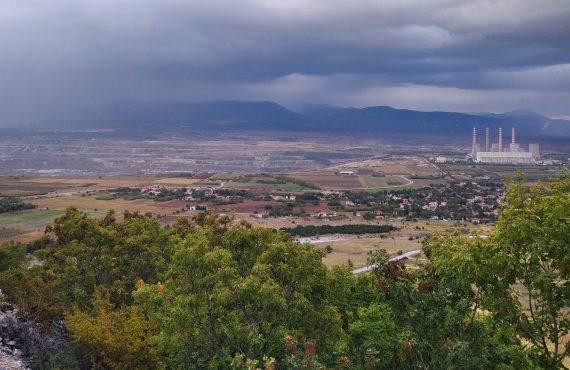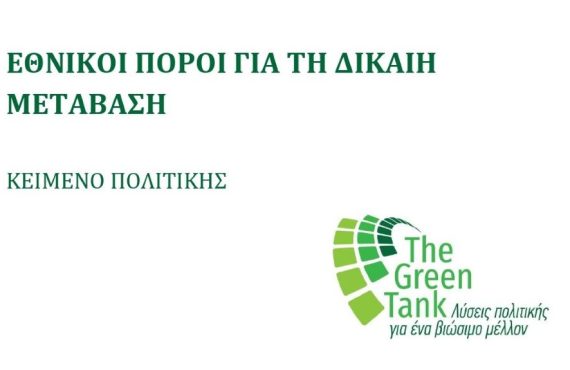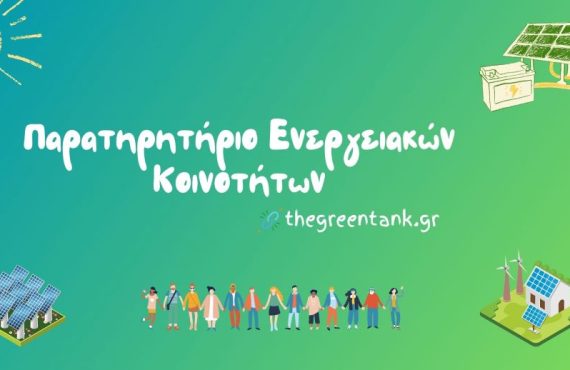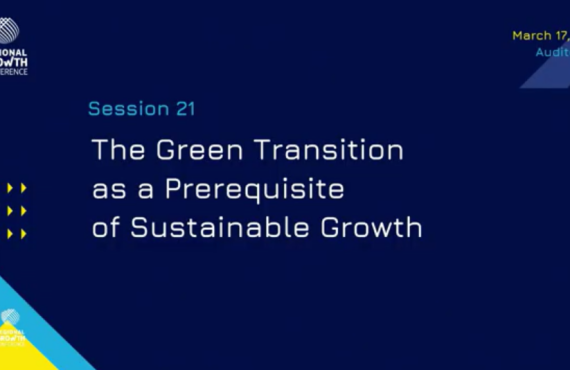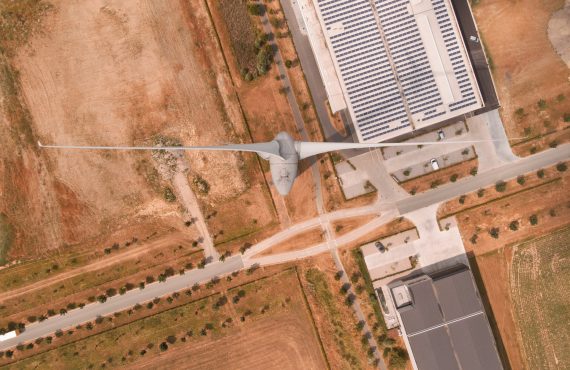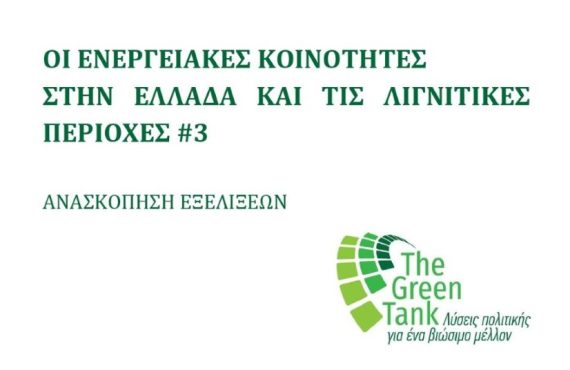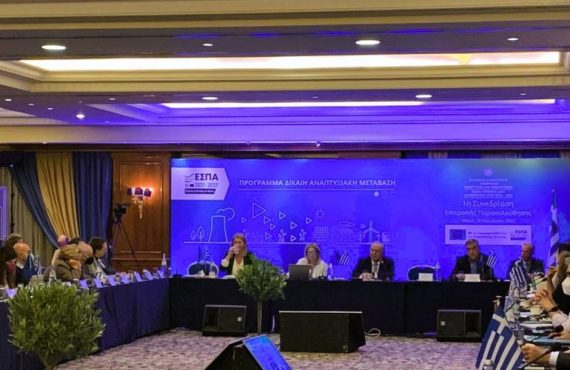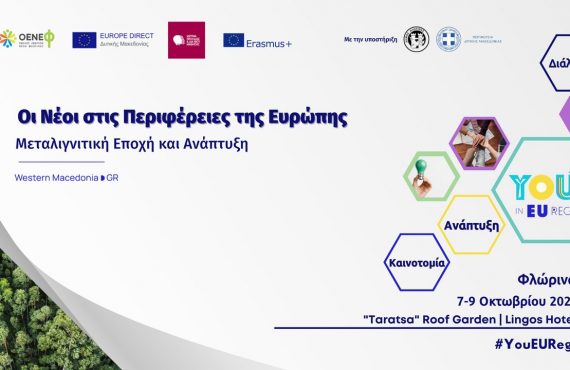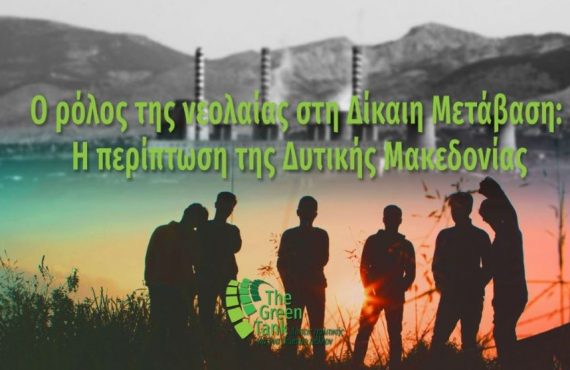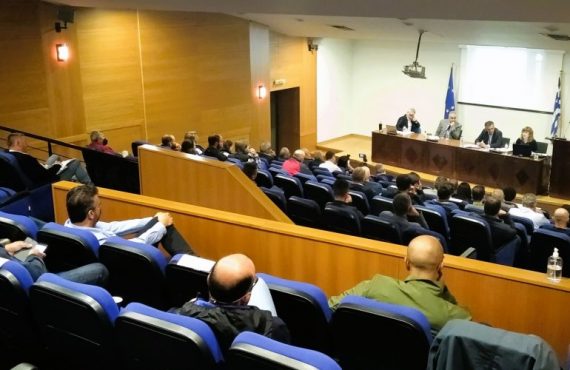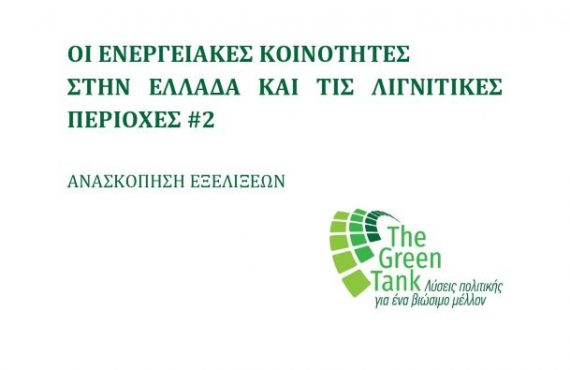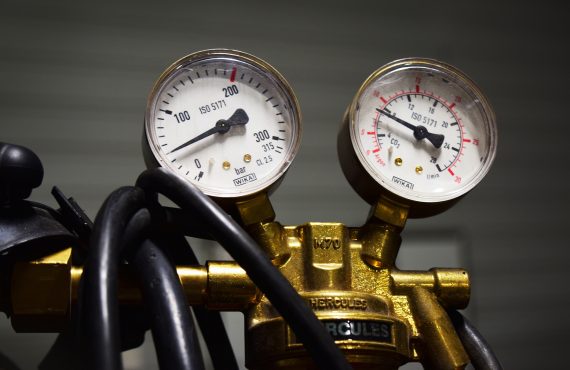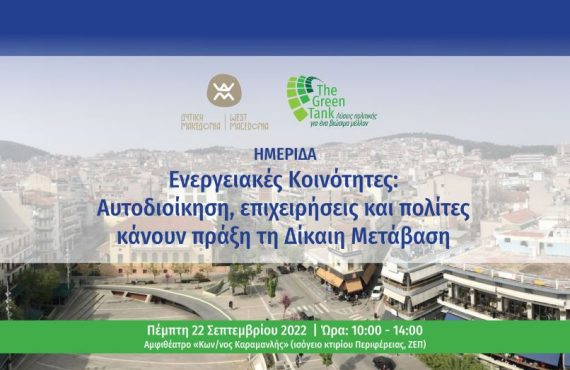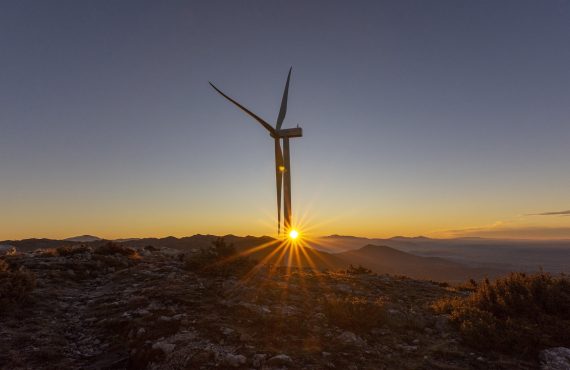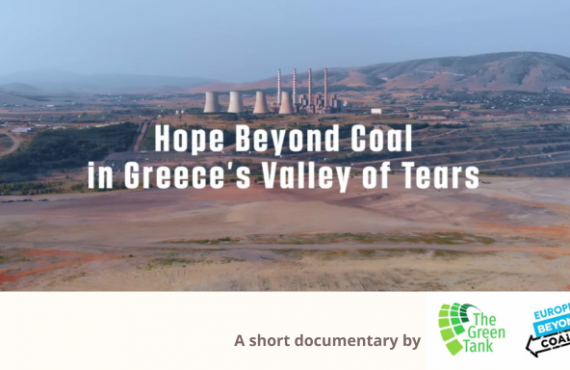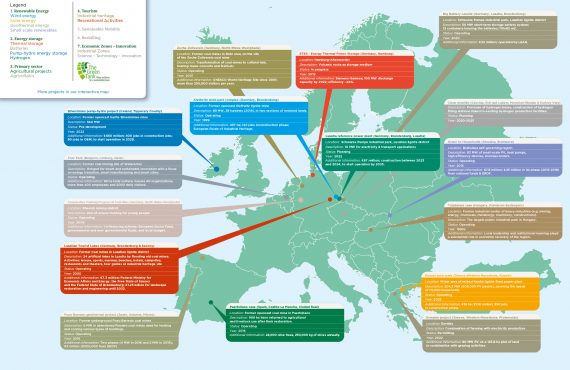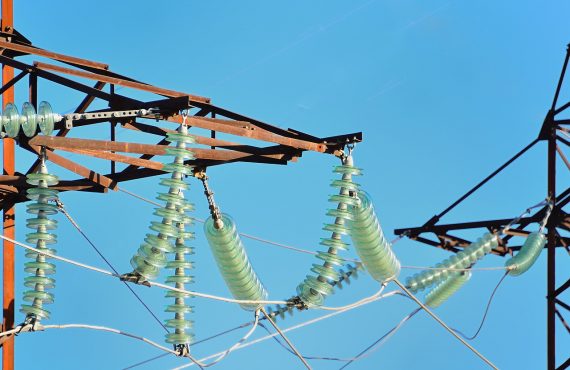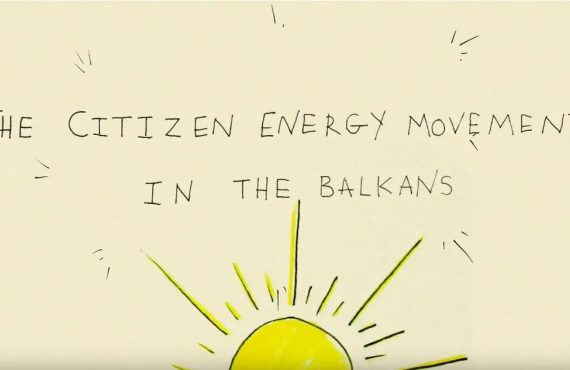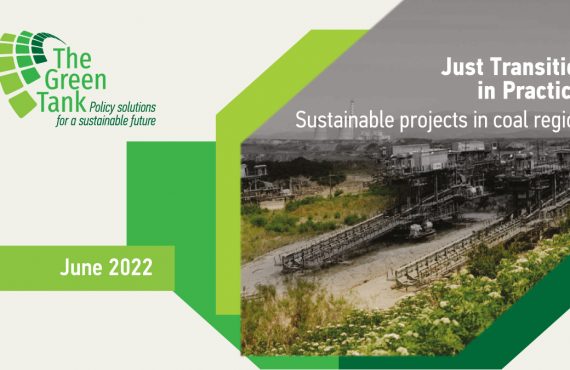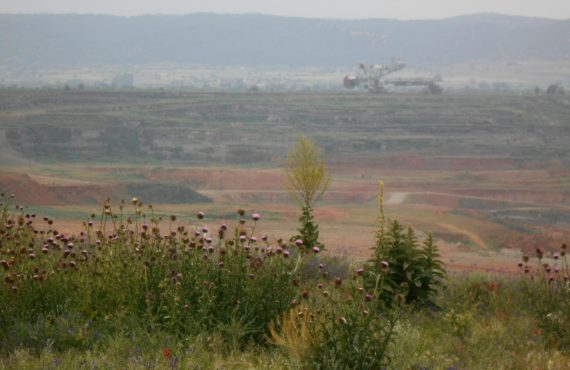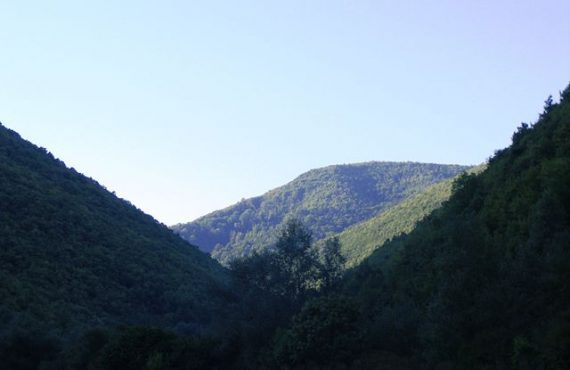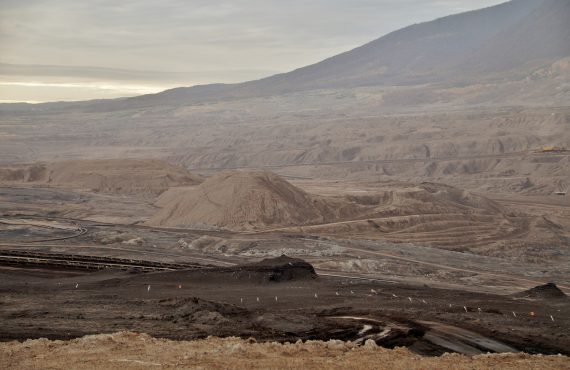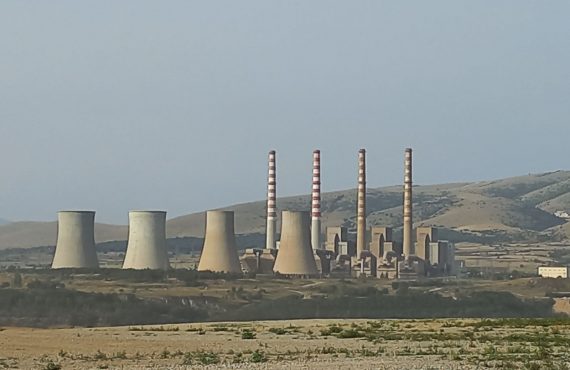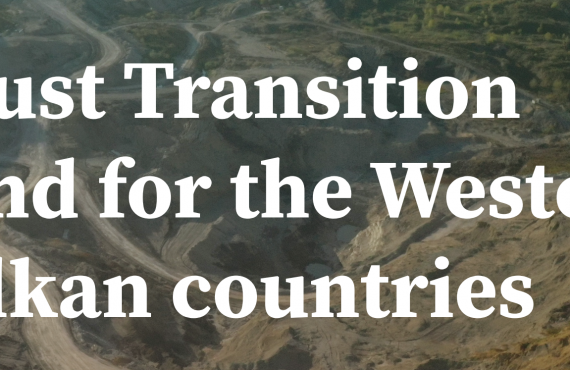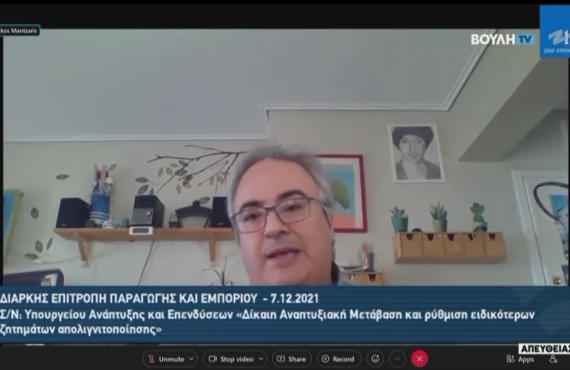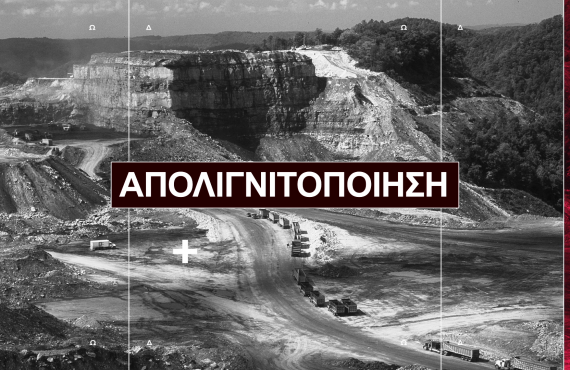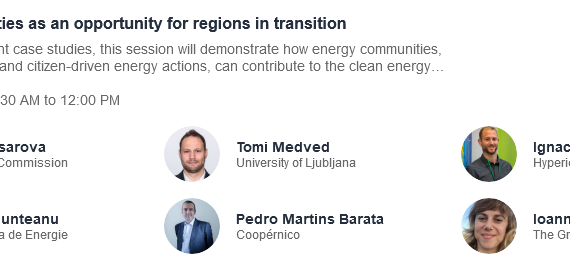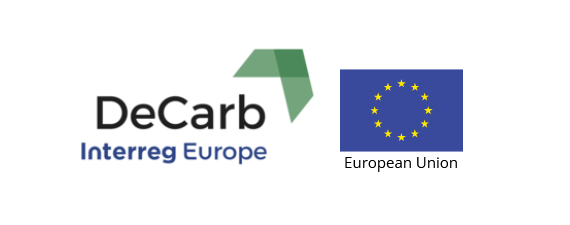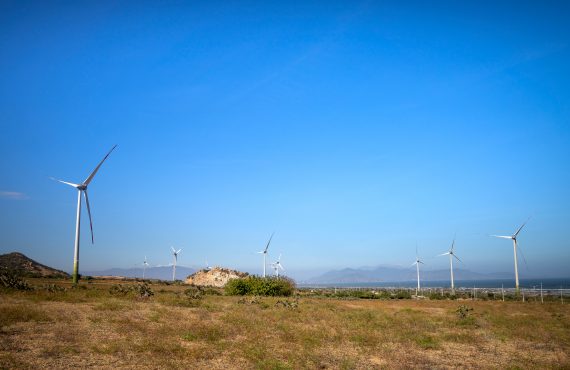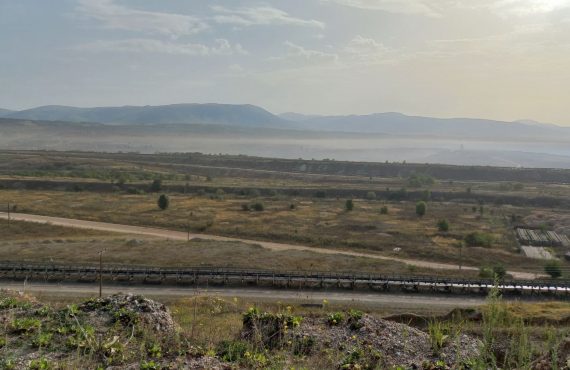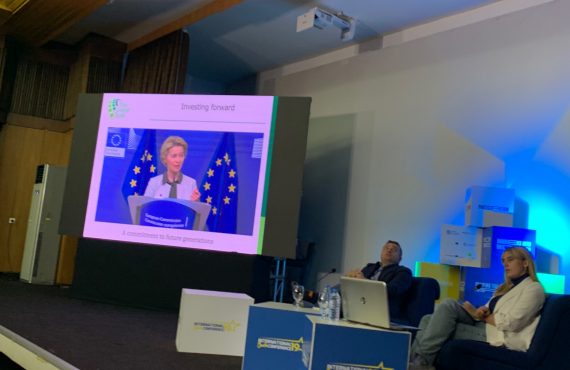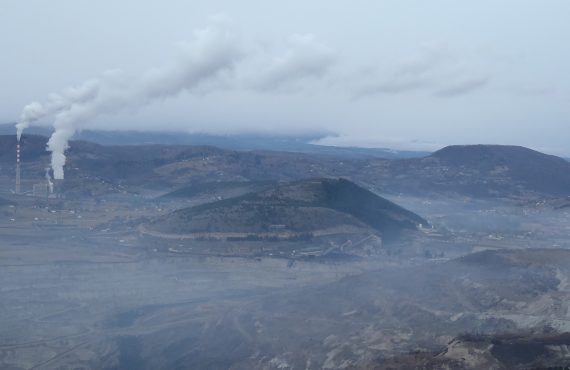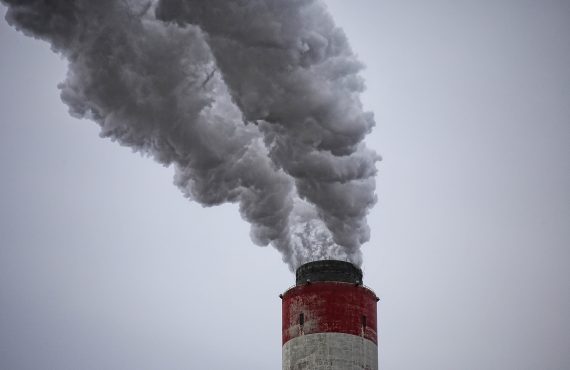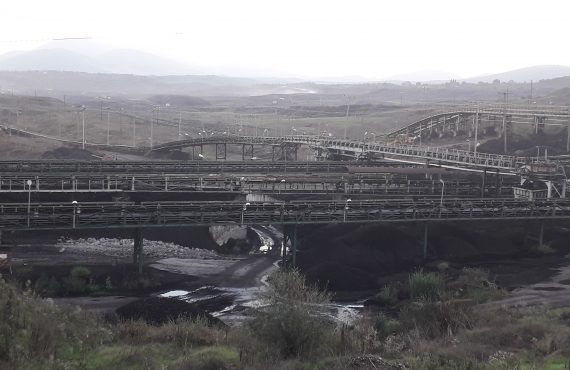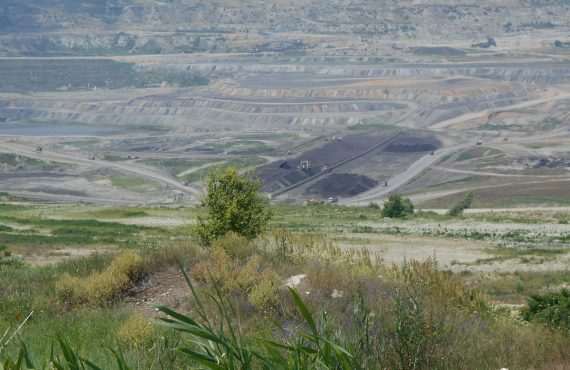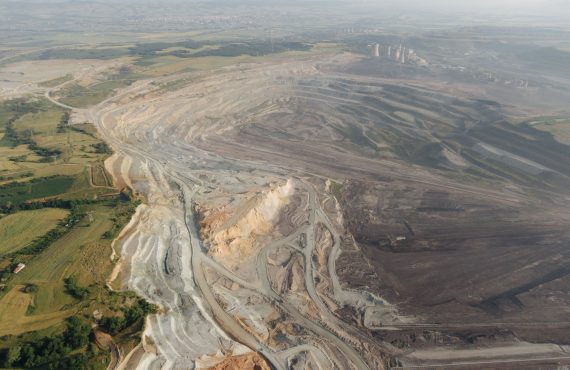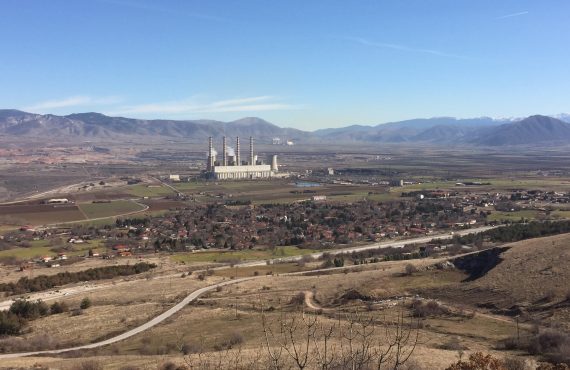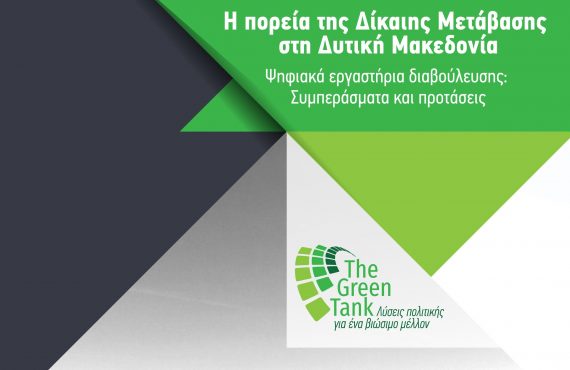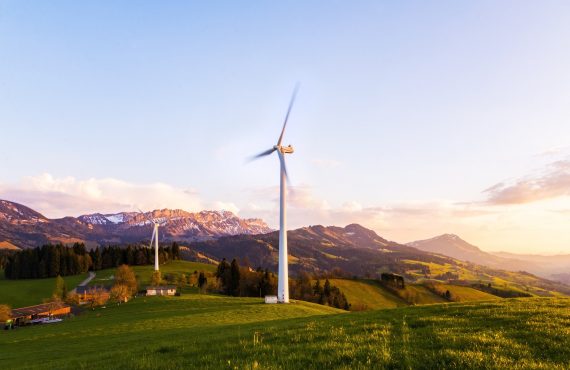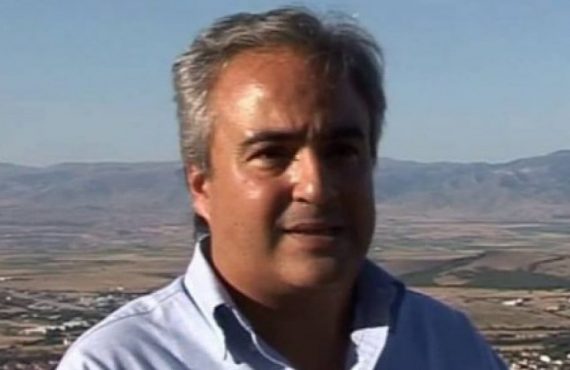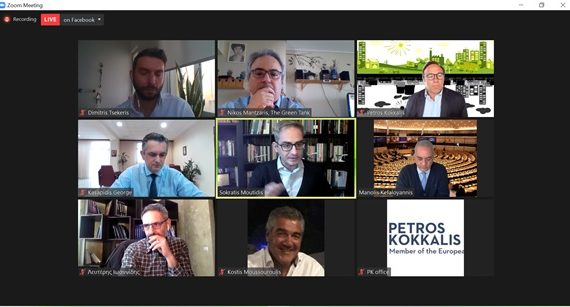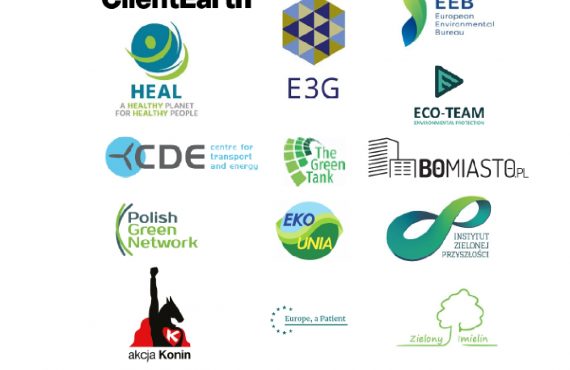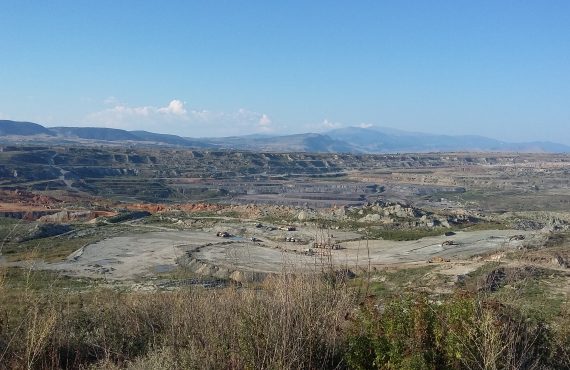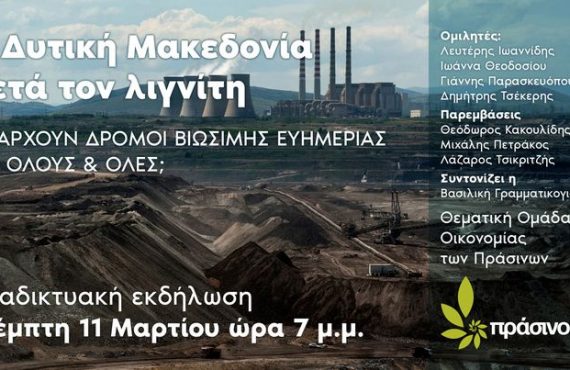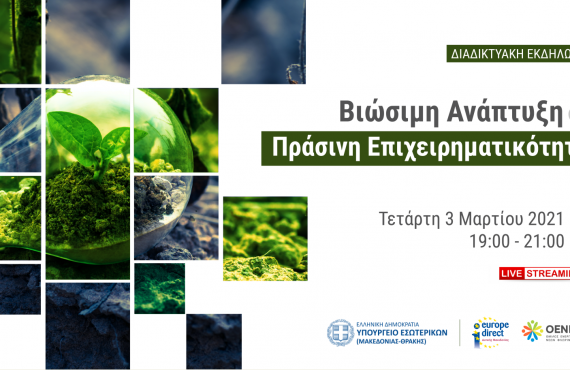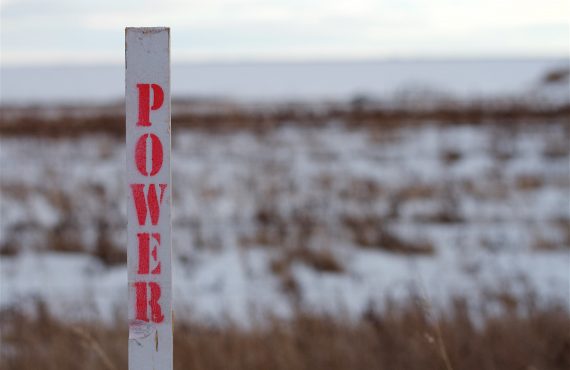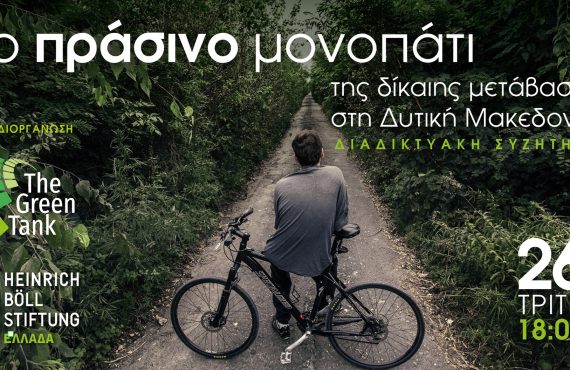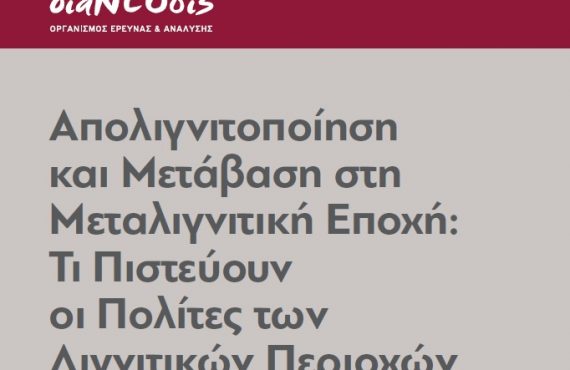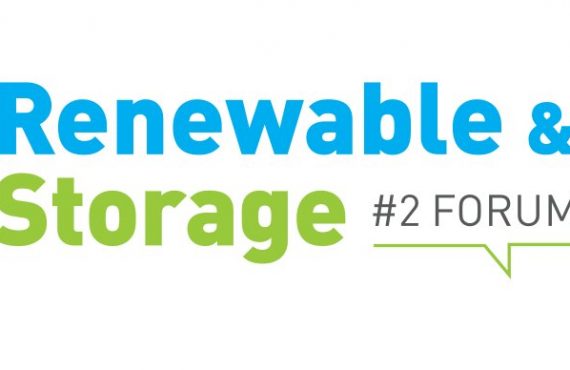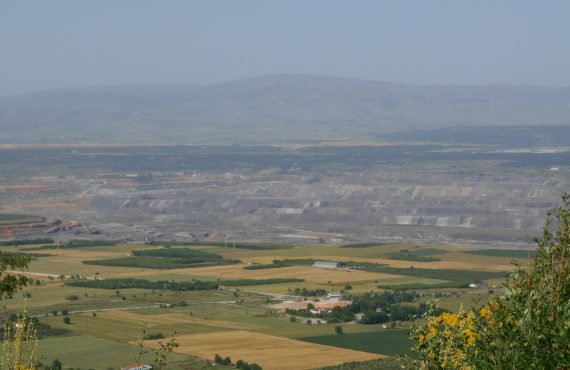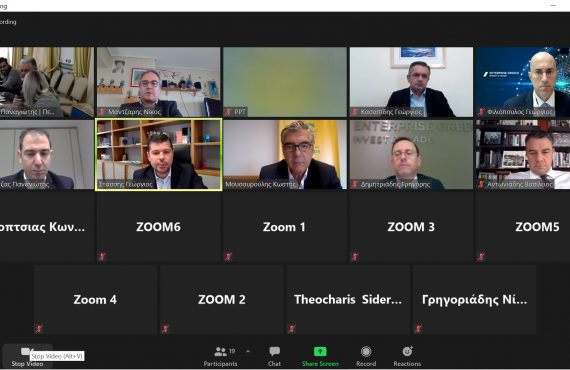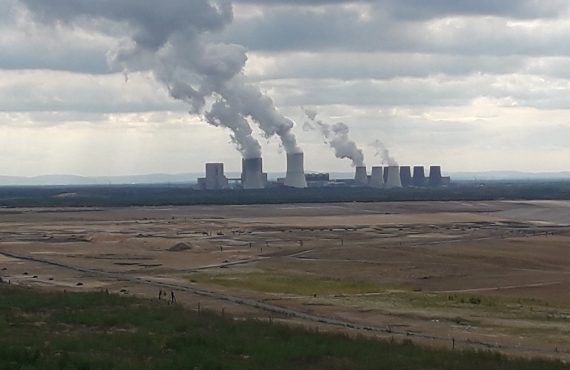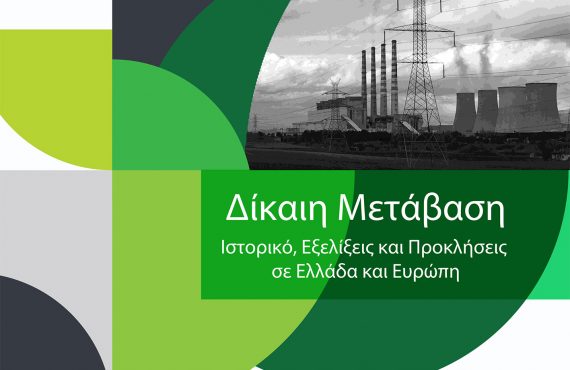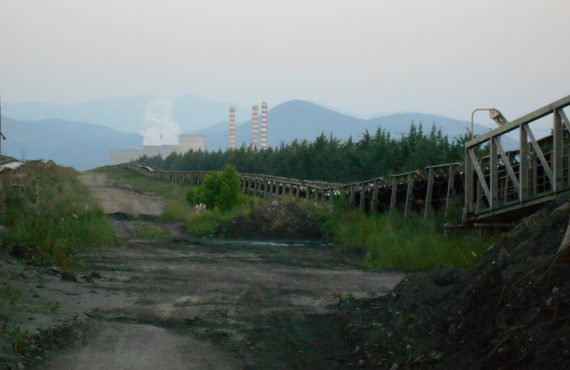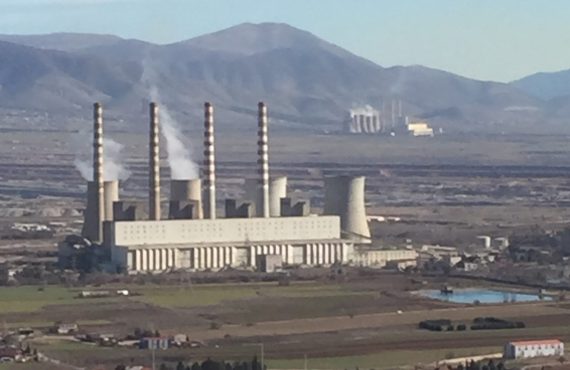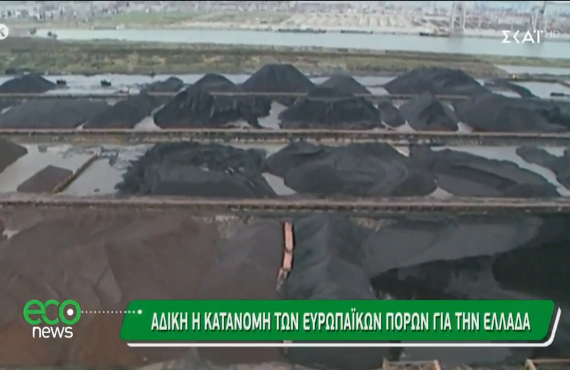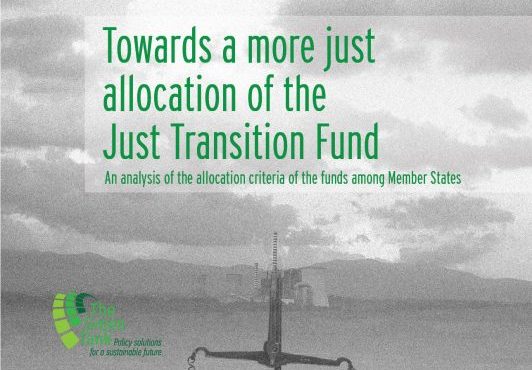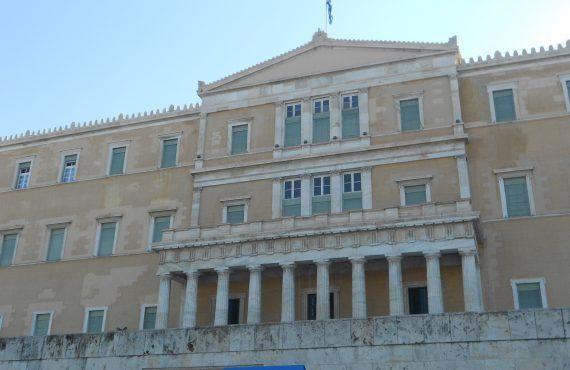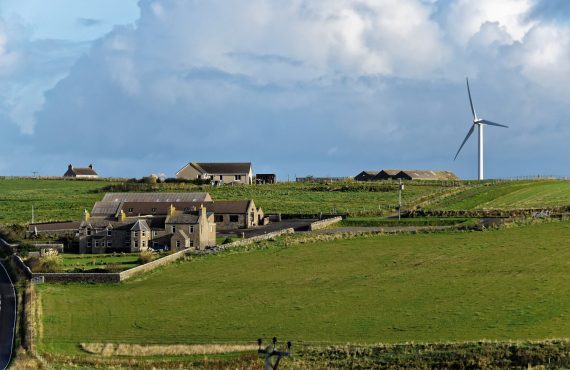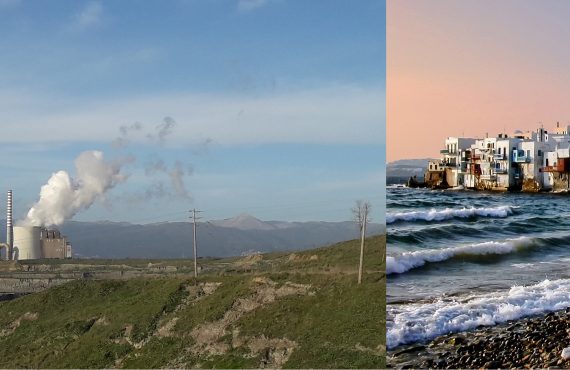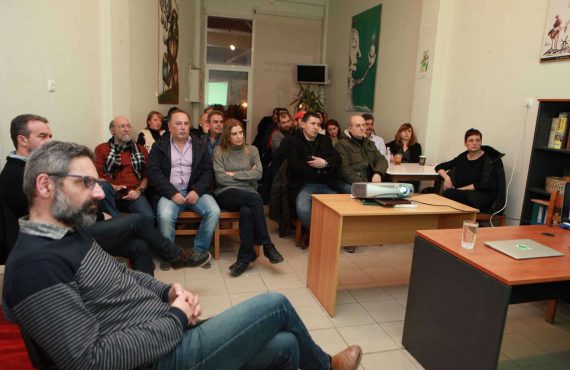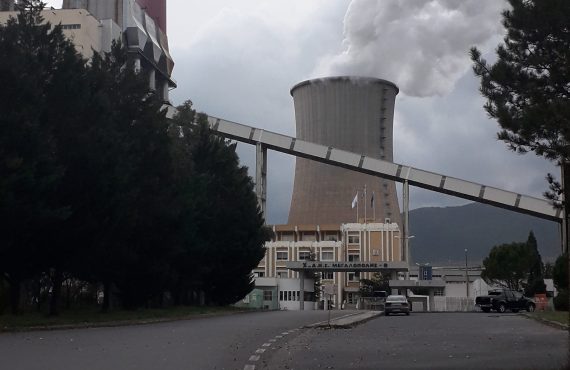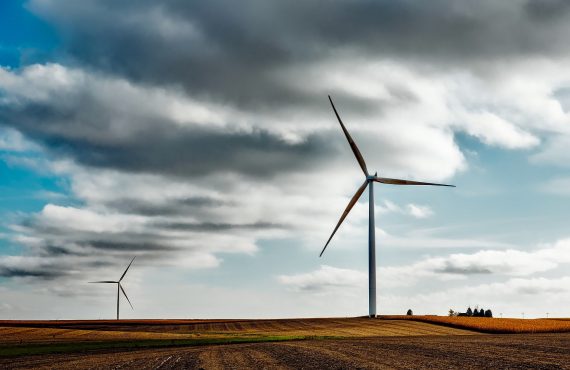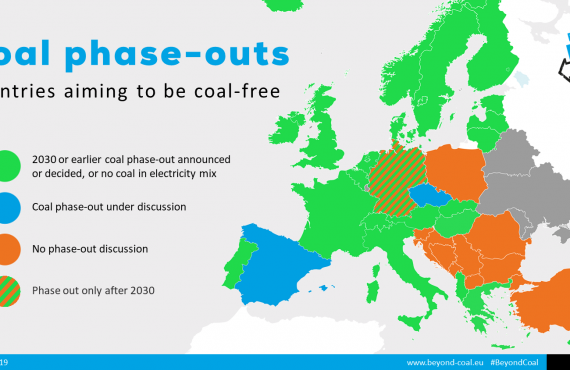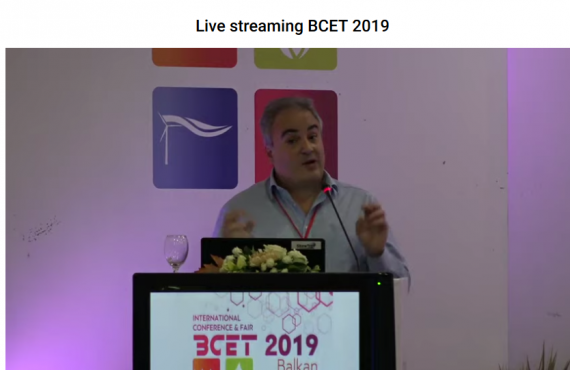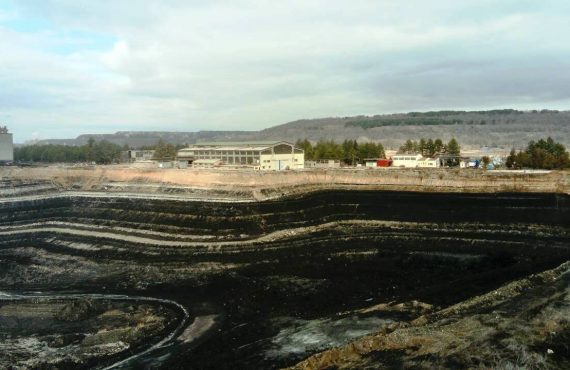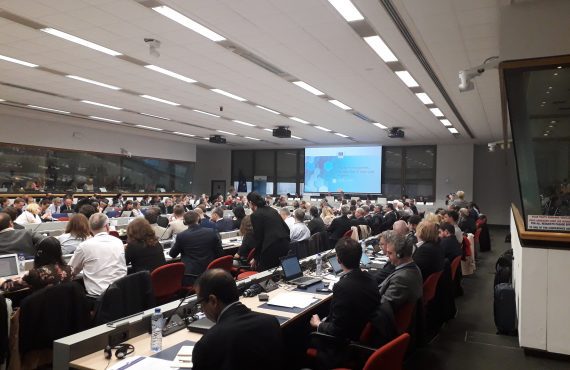Nikos Mantzaris participated in the online event “Just or ‘Fast’ Transition in North Macedonia” of the Environmental Charter Meeting Series, co-organized by Eko-svest and the Friedrich Ebert Stiftung on 16.6.2021. Naser Nuredini, Minister for Environment and Physical Planning of North Macedonia, Vasko Kovacevski, General Manager of AD ESM, Viktor Andonov, special advisor for energy to the Deputy Prime Minister in charge for economic affairs, and Elena Nikolovska from the environmental NGO Eko-svest also took part in the event.
Nikos Mantzaris presented the Greek experience of phasing out lignite and the course of the transition to the post-lignite era in Greece hitherto. More specifically, as far as Greece’s decision to phase out lignite is concerned, he pointed out that it was a result of many factors, starting from the Paris Agreement in 2015. The Agreement set in motion the amendment process of the EU legislation, thus resulting in very high CO2 prices and the end of subsidies for lignite and coal power plants, while, at the same time, the technological progress of renewable energy (RES) made them more competitive in comparison to fossil fuels. He also stressed that these changes are here to stay, since the EU Green Deal was selected as the main development strategy for the EU to 2050. All these political and economic facts led the Greek Prime Minister, in September 2019, to the announcement of the lignite phase out, originally by 2028, and then by 2025.
Of course, such a short transition period poses many challenges, starting from the environmental impacts caused from decades of lignite activity, combined with the dependence of local economies from lignite. In fact, the dependence is the highest among the mining regions of EU-27, according to comparisons with multiple indeces. Moreover, Western Macedonia starts its transition from a very unfavorable condition, having the highest unemployment rates and long-term unemployment rates, while the Peloponnese holds the sixth place. Unemployment is further deteriorated by the observed dramatic reduction of electricity generation from lignite, as Greece has the highest reduction rate among the EU-27 lignite producing countries.
Perhaps the most optimistic perspective for the transition of lignite areas in Greece stems from the joint action and close cooperation between the mayors of the areas in question and environmental NGOs and think tanks in recent years. These synergies have led to the establishment of a National Just Transition Fund, the inclusion of Western Macedonia as one of the 3 pilot regions in the Coal Regions in Transition Platform of the European Commission, the establishment by the former mayor of Kozani of the European Forum of Mayors on Just Transition, but also the opening of the public debate in Western Macedonia on issues of transition since 2016.
Nikos Mantzaris then described the main pillars of the European Just Transition Mechanism, belatedly announced in January 2020. He also lamented the inaction shown by previous Greek governments in formulating a transition plan for the country’s lignite regions, due to inability to understand the upcoming developments and efforts to perpetuate the lignite power generation model. He also presented the positive elements of the Greek Just Transition Development Plan, which began being shaped only in March 2020. These include the conservation of the energy character of lignite areas, the shift to RES and energy storage, the emphasis on the primary sector and research and innovation. At the same time, he also analyzed the shortcomings and the problems that accompany the plan, regarding both the procedures and the content. In addition to its central and top-down design, the negative aspects of the plan can be summed up in insufficient funding, focus on large-scale investments, limited focus on energy storage, unjustified use of fossil gas for heating, and lack of a land rehabilitation plan. As a result, more resources are needed, political parties need to reach consensus, local communities need to be part of the transition, through energy communities, and they also need to be better informed to be more involved in consultation and governance processes. Finally, he stressed that with the new facts set by the European Green Deal, the transition must necessarily be green, in order for it to be sustainable in the long-term.
Summing up, Nikos Mantzaris focused on the lessons from the case of Greece, from which other countries that are currently planning their transition can benefit. He stressed Greece’s big mistake of losing time from the planning of the next day, but also gave emphasis on the acceleration that was observed in the right direction after the announcement of the decision for de-lignitisation. The bottom line is that quick decisions, no matter how difficult, are the key to starting planning with the involvement of local communities. He also underlined the achievements of the mayors’ activity and stressed the usefulness of the participation and cooperation among NGOs, employees and mayors in the planning and implementation of the transition of lignite areas.
You can watch the whole speech here:





